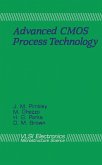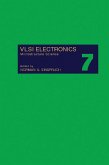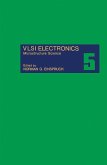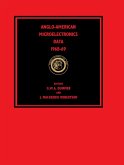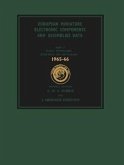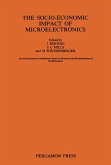The volume is comprised of eleven chapters. Chapter 1 traces the historical development of GaAs technology for high-speed and high-frequency applications. This chapter summarizes the important properties of GaAs that serve to make this material and its related compounds technologically important. Chapter 2 covers GaAs substrate growth, ion implantation and annealing, and materials characterization, technologies that are essential for IC development. Chapters 3-6 describe the various IC technologies that are currently under development. These include microwave and digital MESFET ICs, the most mature technologies, and bipolar and field-effect heterostructure transistor ICs. The high-speed capability of GaAs ICs introduces new problems, on-wafer testing and packaging. These topics are discussed in Chapters 7 and 8. Applications for GaAs ICs are covered in Chapters 9 and 10. The first of these chapters is concerned with high speed computer applications; the second addresses military applications. The book concludes with a chapter on radiation effects in GaAs ICs.
Scientists, engineers, researchers, device designers, and systems architects will find the book useful.
Dieser Download kann aus rechtlichen Gründen nur mit Rechnungsadresse in A, B, BG, CY, CZ, D, DK, EW, E, FIN, F, GR, HR, H, IRL, I, LT, L, LR, M, NL, PL, P, R, S, SLO, SK ausgeliefert werden.



